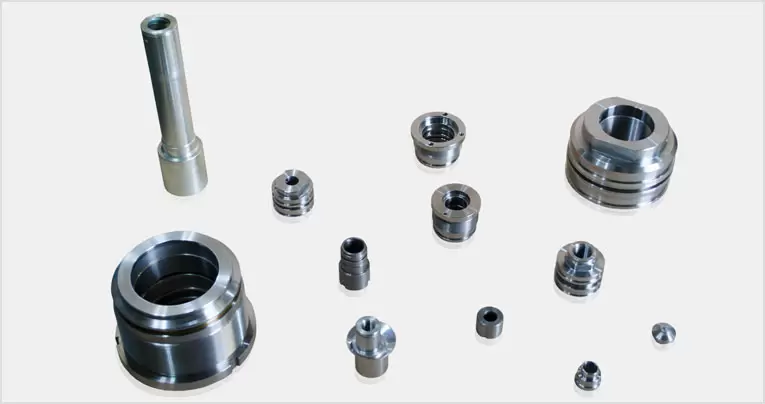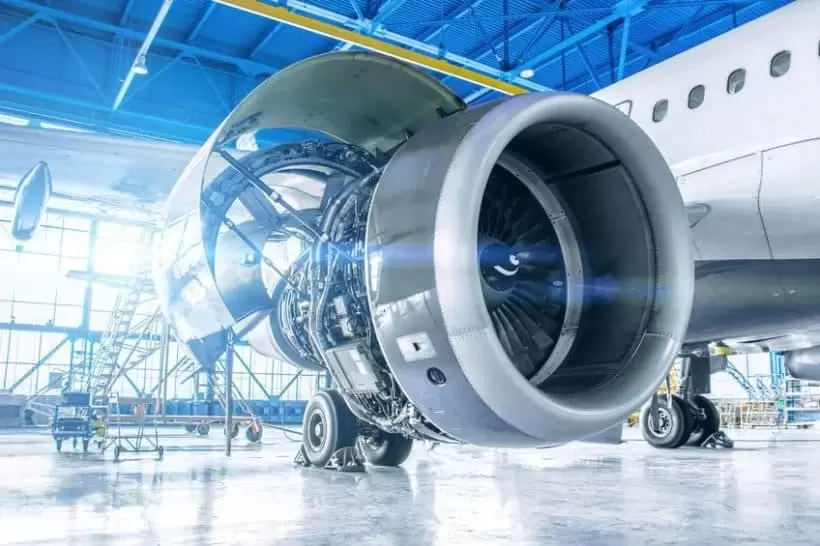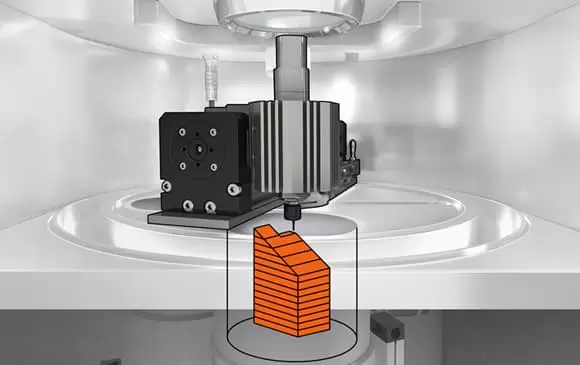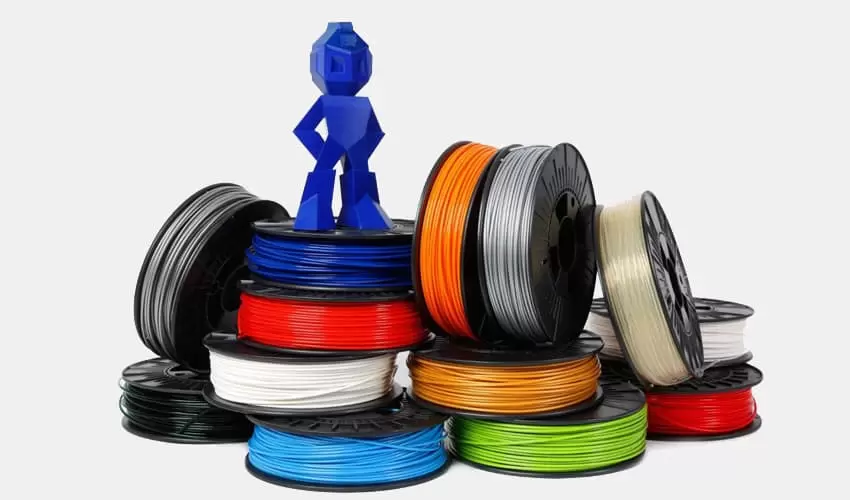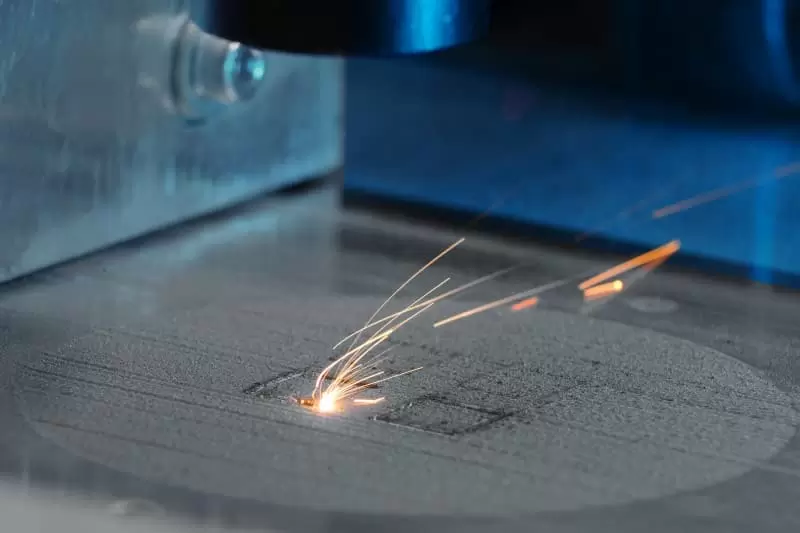目次:
- 導入
- Types of Precision Milled Parts
- Materials Used in Precision Milling
- Applications of Precision Milled Parts
- Benefits of Precision Milling
- Quality Assurance in Precision Milling
- Challenges and Future of Precision Milling
- 結論
1.導入
Precision milling is a manufacturing process that involves the use of computer-controlled machines to remove material from a workpiece to create a specific shape or design. This process is commonly used in various industries such as aerospace, 医学, 自動車, and electronics manufacturing.
The importance of precision milling lies in its ability to create high-quality and complex parts with tight tolerances and high accuracy. It allows manufacturers to produce parts with greater efficiency and accuracy, reducing costs and waste in the production process. さらに, the use of precision milled parts can improve the performance and reliability of finished products.
-
2.Types of Precision Milled Parts
- Micro-milling: This involves the use of highly accurate and precise cutting tools to produce very small parts with complex geometries. Micro-milling is commonly used in the electronics and medical industries to produce miniature components such as sensors, microfluidics, and micro-optics.
- Ultra-precision milling: This type of precision milling uses advanced cutting tools and techniques to achieve extremely tight tolerances and surface finishes. It is typically used to produce high-precision components such as optical lenses, aerospace components, and medical implants.
- CNCフライス加工: コンピュータ数値制御 (CNC) milling is one of the most common types of precision milling. It uses computer-controlled machines to produce complex components with high accuracy. CNCフライス加工 is used in various industries such as automotive, 航空宇宙, and engineering for manufacturing parts with high accuracy and consistency.
-
3.Materials Used in Precision Milling
- 金属: Precision milling is commonly used in metalworking to produce complex parts from materials such as aluminum, steel, titanium, and other metals. These parts are often used in industries such as aerospace, 自動車, and defense.
- Plastics: Precision milling can also be used to produce parts from plastics such as nylon, polycarbonate, and acetal. These materials are commonly used in industries such as electronics, 消費財, and medical devices.
- 複合材料: Precision milling is also used to produce parts from composite materials, which are combinations of two or more materials. Composites are commonly used in the aerospace industry to produce lightweight and high-strength components. They are also used in sports equipment, transportation, and other industries where strength and durability are important factors.
-
4.Applications of Precision Milled Parts
- Aerospace industry: Precision milling is used extensively in the aerospace industry to produce components such as turbine blades, エンジン部品, and airframe structures. These components require high levels of precision, 正確さ, and performance to ensure the safety and reliability of the aircraft.
- Medical equipment manufacturing: Precision milling is used in the manufacturing of medical equipment such as surgical instruments, インプラント, and diagnostic devices. The use of precision milling ensures that these devices meet the stringent requirements of the medical industry for accuracy, reliability, and biocompatibility.
- 自動車産業: Precision milling plays a vital role in the automotive industry in the manufacturing of engine blocks, transmission components, and chassis parts. These components require high levels of accuracy and consistency to meet safety and performance standards.
- Electronics manufacturing: Precision milling is used in the production of electronic components such as circuit boards, connectors, and sensors. These components require high levels of precision and accuracy to ensure optimal performance and reliability in electronic devices.
-
5.Benefits of Precision Milling
- Accuracy and precision: Precision milling offers a high degree of accuracy and precision in the production of parts. This ensures that the finished product meets the required specifications and tolerances, reducing the need for additional processing and increasing the quality of the part.
- Cost-effectiveness: Precision milling is a cost-effective manufacturing process, as it reduces the need for additional processing, such as grinding, honing, and lapping. This reduces the manufacturing time and cost of the part.
- Improved mechanical properties: Precision-milled parts often exhibit improved mechanical properties, such as increased strength, 耐久性, and wear resistance. This makes them suitable for use in high-performance applications.
- Faster production time: Precision milling can produce parts at a faster rate than conventional machining methods, reducing the manufacturing time and increasing the output of the manufacturing process.
全体, the benefits of precision milling make it a popular choice for the manufacturing of critical components in various industries.
クリックしてください V1 プロトタイプ website to gain more Precision Milling information.
-
6.Quality Assurance in Precision Milling
- Inspection techniques: Inspection techniques such as coordinate measuring machines (CMMs), laser scanners, and optical measuring systems are used to ensure that the finished product meets the required specifications.
- Tolerance measurement: Precise measurements of tolerances are crucial for ensuring that the finished product is within the required specifications. Tolerance measurement techniques such as micrometers, gages, and profile projectors are used.
- Surface finish evaluation: The surface finish of the finished product is also critical in many applications. Various methods like surface roughness measurement tools are used to ensure that the surface finish meets the required specifications.
By applying these quality assurance measures, manufacturers can ensure that precision milled parts meet the required standards for accuracy, consistency, そしてパフォーマンス, reducing defects and waste in the manufacturing process.
-
7.Challenges and Future of Precision Milling
- Machine capability limitations: Precision milling requires advanced machines and tools capable of producing complex geometries and tight tolerances. しかし, current machine capabilities may not be sufficient to keep up with the demands of increasing complexity and performance requirements in various industries.
- Environmental concerns: Precision milling involves the use of advanced cutting technologies and materials that can have significant environmental impacts, including energy consumption, waste generation, and emissions to air and water.
- Emerging technologies and trends: Advanced manufacturing technologies such as 積層造形, 業界 4.0, and smart factories are emerging and could revolutionize the precision milling industry.
The future of precision milling lies in the use of advanced machines, materials, and cutting-edge technologies that can produce highly complex parts with even greater precision and efficiency. To address the challenges and embrace the opportunities offered by these technologies, manufacturers will need to invest in research and development, as well as advanced training programs for their workforce.
-
8.結論
Precision milling plays a vital role in modern manufacturing, producing critical components for various industries with high precision, 正確さ, and quality. The benefits of precision milling include increased efficiency, 費用対効果, improved mechanical properties, and faster production time. さらに, precision milling ensures that the finished product meets the required specifications and tolerances, reducing the need for additional processing and increasing the quality of the part. In the face of challenges and emerging technologies, it is essential that manufacturers invest in advanced technologies and training programs to remain competitive and meet the ever-increasing demands of modern manufacturing. As precision milling continues to evolve, it will remain a crucial aspect of modern manufacturing, enabling the production of complex and high-performance components that are critical to various industries.
Manufacturing is a complex and competitive industry that requires high standards of quality, efficiency and reliability. One of the most important factors that determines the quality of a manufactured product is the precision of its components. Precision milled parts are parts that are made by using a machine tool that removes material from a workpiece by following a set of programmed instructions. Precision milling can create parts with intricate shapes, accurate dimensions and smooth surfaces that fit together perfectly.
Precision milled parts have many advantages over other types of parts, such as cast, forged or stamped parts. Precision milled parts can achieve higher levels of accuracy and consistency, as they are controlled by computerized systems that eliminate human error and variation. Precision milled parts can also offer more flexibility and customization, as they can be designed and modified according to the specific needs and specifications of the customer. Precision milled parts can also reduce waste and save costs, as they use less material and energy than other methods.
Precision milled parts are essential for high-quality manufacturing, as they can improve the performance, durability and safety of the final product. Precision milled parts are used in various industries, 航空宇宙などの, 自動車, 医学, defense and more. Precision milled parts can create components that are critical for the functionality and quality of these products, such as engine parts, 手術器具, weapon systems and more. Precision milled parts can also enhance the aesthetic appeal and value of these products, as they can create smooth and polished surfaces that look professional and attractive.
Precision milled parts are the key to high-quality manufacturing, as they can provide superior results that meet or exceed the expectations of the customers. Precision milling is a skillful and sophisticated process that requires advanced technology, equipment and expertise. By choosing a reputable and experienced precision milling service provider, you can ensure that your manufacturing project will be completed with excellence and efficiency.
